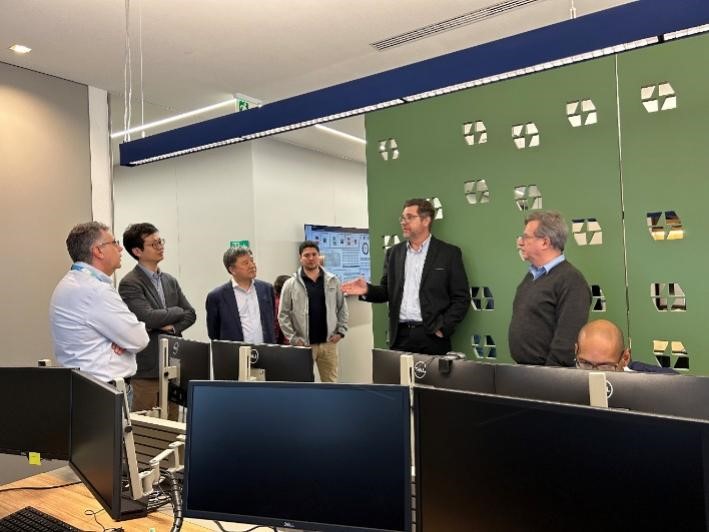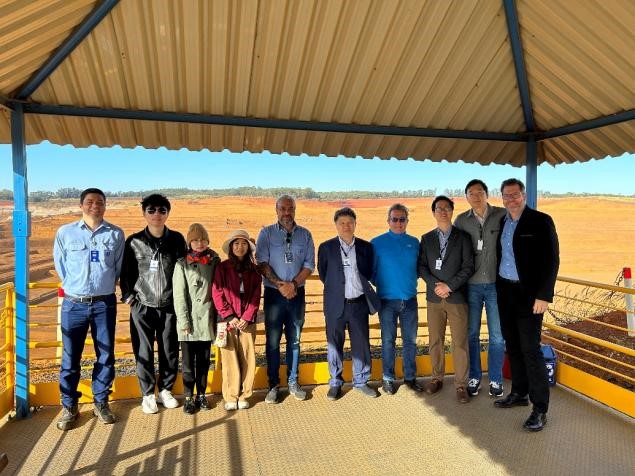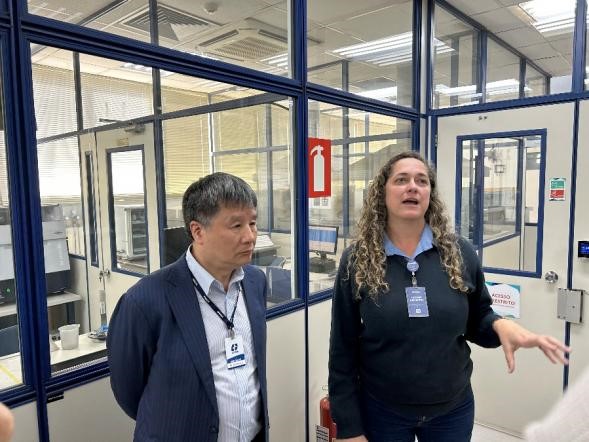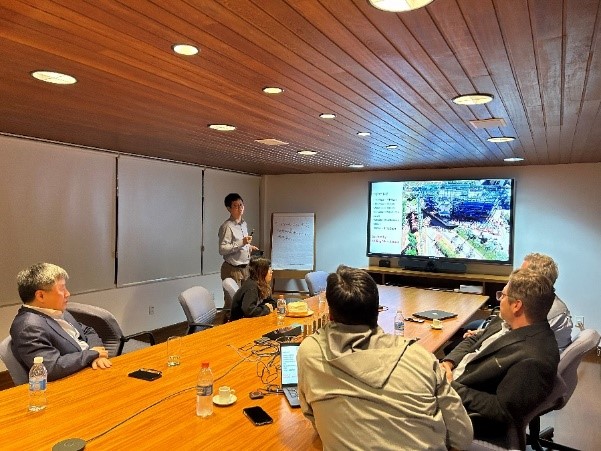Search

News & Events
Tongji CCE strengthens its collaborations with major global companies to play a role in peaking carbon emissions and achieving carbon neutrality.
From June 1 to 8, 2024, a delegation led by Professor Li Guoqiang, along with Professor Wang Yanbo, Vice Dean of the Department of Structural Engineering, CCE of Tongji University, visited Companhia Brasileira de Metalurgia e Mineração (CBMM), the world's largest producer of niobium metal products, to conduct research on high-performance structural steel, steel structures, and strategies for carbon reduction and sustainability in the construction industry.
The delegation toured CBMM’s headquarters in São Paulo and the niobium mining industrial park in Araxá, where they gained valuable insights into CBMM’s operational functioning, market development, globalization strategy, and technology empowerment strategy. This visit also provided them with a comprehensive overview of the equipment and processes involved in niobium mining, homogenization, refining, and purification, as well as related research equipment and product packaging.


An important component of the visit was the symposium conducted between Tongji CCE and CBMM, where they discussed the establishment of the High-Performance Steel Structure International Research Center (HiPer STEEL IRC) and explored potential collaborations in niobium technology applications, product development, and related initiatives.


In December 2023, Tongji University signed a four-party international cooperation project agreement with CBMM, CITIC Metal Co., Ltd., and Shanghai Yicheng Juxin Building Technology Co., Ltd. for the research and development of high-performance steel structure technology. The visit to CBMM marks an important step in implementing the agreement, strengthening cooperation between the CCE and key global companies, and advancing the transformation and upgrade of building structure steel towards high strength, high toughness, and high performance.
The CCE, through this collaboration, aims to contribute its expertise in implementing the dual-carbon (peaking carbon emissions and achieving carbon neutrality) strategy and promoting energy conservation and carbon reduction in the construction industry.




